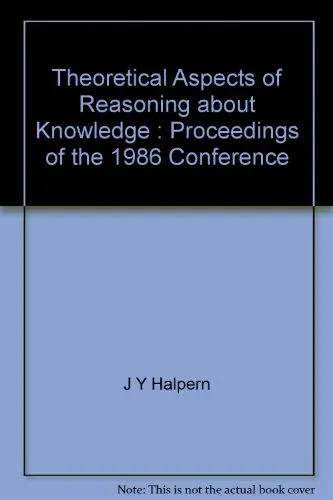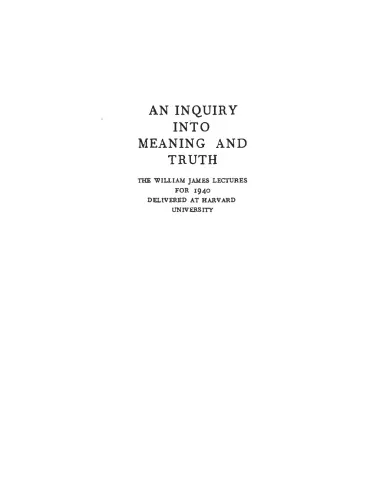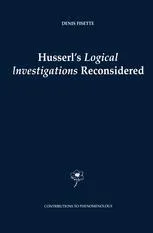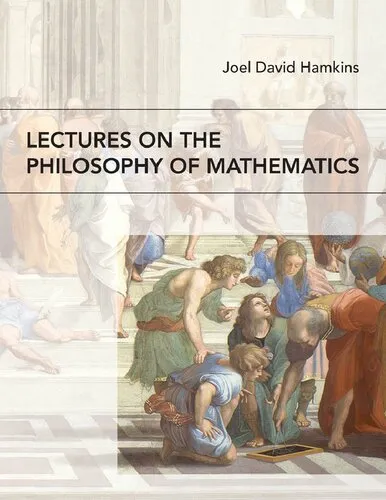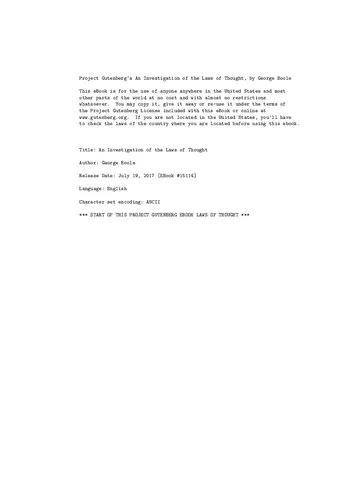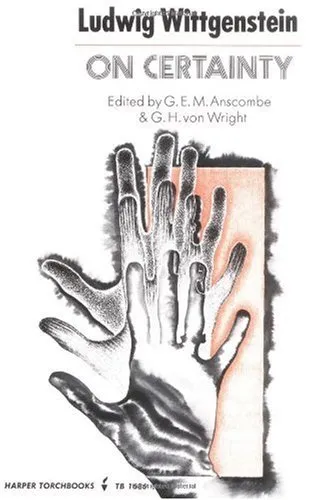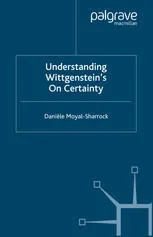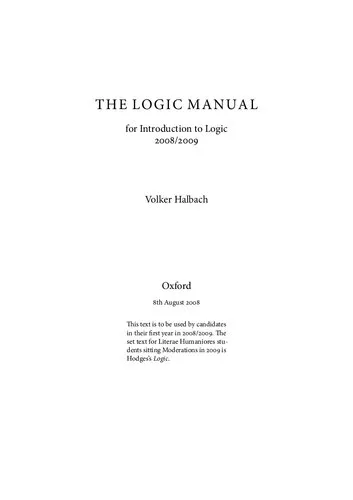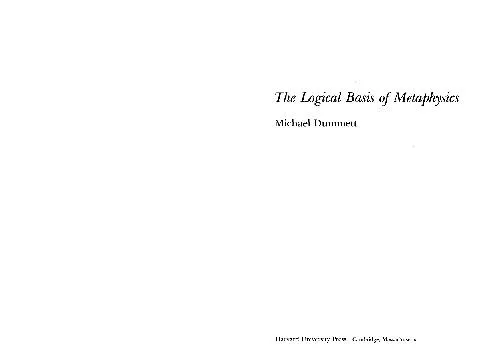Theoretical Aspects of Reasoning About Knowledge. Proceedings of the 1986 Conference
4.5
Reviews from our users

You Can Ask your questions from this book's AI after Login
Each download or ask from book AI costs 2 points. To earn more free points, please visit the Points Guide Page and complete some valuable actions.Related Refrences:
The book "Theoretical Aspects of Reasoning About Knowledge" captures the profound exploration of knowledge dynamics as discussed during the 1986 conference. It is an accumulation of insights and theories by renowned scholars in artificial intelligence, computer science, and philosophy. This book stands as a crucial reference point for understanding how knowledge can be processed, represented, and reasoned about in various computational contexts.
Detailed Summary of the Book
The series of discussions captured in this book delve into the foundational aspects of reasoning about knowledge. Organized by the prestigious 1986 conference, the proceedings brought together thought leaders and academics to explore multifaceted views spanning logic, epistemology, computer science, and cognitive science. This book serves as a comprehensive account of the theoretical insights discussed, encompassing topics such as modal logic, knowledge representation, and distributed systems.
Key sections explore the nuanced aspects of epistemic logic, emphasizing its applicability to computer science and artificial intelligence. Readers will encounter discussions on the interplay between knowledge and belief, and how these concepts can be rigorously defined and utilized in algorithmic processes. Moreover, the book delves into the algorithms and mathematical frameworks necessary for implementing knowledge reasoning in practical computing environments.
Key Takeaways
- Unified Framework: The book lays out a comprehensive framework for understanding both individual and collective knowledge through formal systems.
- Practical Implications: The exploration of knowledge has implications for designing distributed systems, AI protocols, and improving cognitive science applications.
- Interdisciplinary Approach: By integrating perspectives from multiple disciplines, the book provides a multi-dimensional understanding critical for advanced reasoning models.
- Advanced Techniques: Detailed expositions on modal logic and its extensions present valuable tools for further research and practical application in computing.
Famous Quotes from the Book
"Understanding the calculus of knowledge is akin to mapping the very fabric of intelligent discourse." - Unknown
"When systems communicate, they echo the complexities of reasoning through the subtle language of logic." - Unknown
Why This Book Matters
In an age where machines are increasingly expected to understand and anticipate human thought and activity, the themes of this book are more relevant than ever. "Theoretical Aspects of Reasoning About Knowledge" offers valuable insights for those designing sophisticated AI systems that interact seamlessly with human counterparts. It provides the essential theoretical underpinning needed to pursue innovative research across technology and philosophy.
Additionally, as distributed systems become a critical part of modern infrastructure, understanding how these systems reason and deal with incomplete information is imperative. This book is a cornerstone in the rich interdisciplinary dialogue, fostering developments that will influence how systems learn and reason in the future.
Overall, "Theoretical Aspects of Reasoning About Knowledge" is an essential resource for academics, researchers, and professionals. It challenges readers to expand their understanding, explore the limits of logic, and pursue the development of more advanced, nuanced systems of reasoning.
Free Direct Download
You Can Download this book after Login
Accessing books through legal platforms and public libraries not only supports the rights of authors and publishers but also contributes to the sustainability of reading culture. Before downloading, please take a moment to consider these options.
Find this book on other platforms:
WorldCat helps you find books in libraries worldwide.
See ratings, reviews, and discussions on Goodreads.
Find and buy rare or used books on AbeBooks.
1402
بازدید4.5
امتیاز0
نظر98%
رضایتReviews:
4.5
Based on 0 users review
Questions & Answers
Ask questions about this book or help others by answering
No questions yet. Be the first to ask!
